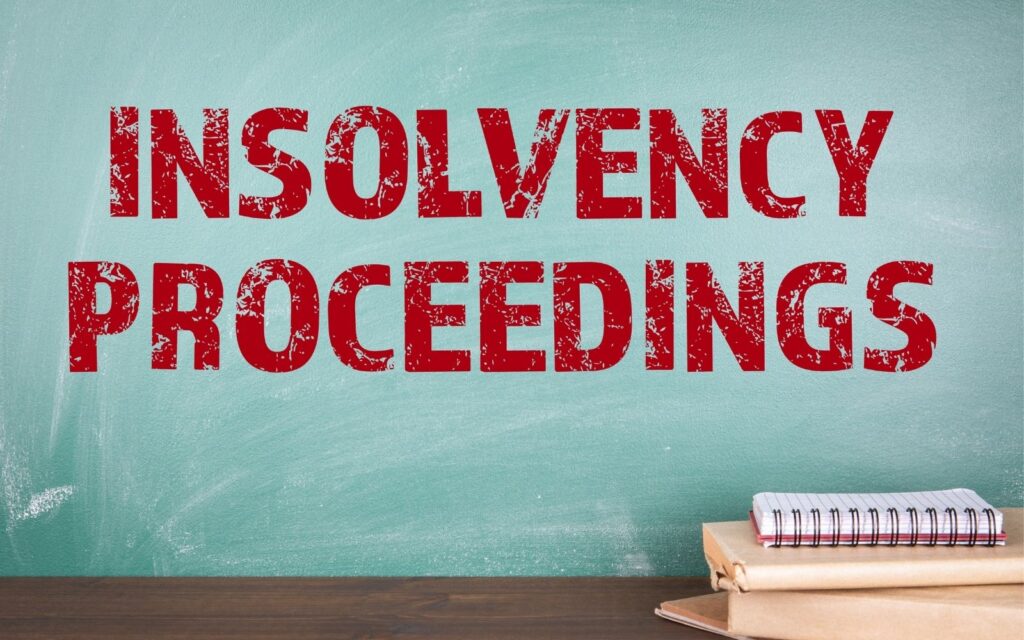In today’s digital age, creating a will is more accessible than ever, with numerous online services available to simplify the process. However, choosing the right online wills service is crucial to ensure that your wishes are accurately documented and legally binding. This guide will help you navigate the key considerations when selecting an online will service that provides peace of mind.
Understanding the Importance of Online Wills
Creating wills online is an essential part of estate planning. It allows you to dictate how your assets will be distributed after your death, ensuring that your wishes are honored. Online wills offer a convenient and efficient way to draft these important documents without the high costs associated with traditional lawyers.
The Role of a Will in Estate Planning
The primary function of a will is to provide clear instructions regarding the distribution of your estate. This includes your property, finances, and personal possessions. Without a will, the law will dictate how your assets are divided, which may not align with your personal wishes.
Additionally, a will can appoint guardians for minor children and establish trusts for their benefits. This aspect is particularly vital for parents who want to ensure their children’s well-being in the event of their untimely demise. Furthermore, a will can also address specific bequests, allowing you to leave sentimental items to particular individuals, ensuring that cherished family heirlooms or personal treasures are passed down to those who will appreciate them the most.
Why Choose an Online Wills Service?
Online wills services provide an accessible alternative to traditional legal methods. They often simplify the process with user-friendly interfaces and guided experiences, allowing you to create a will from the comfort of your home.
- Cost-Effective: Many online services offer competitive pricing compared to traditional lawyers, allowing you to save on legal fees.
- Convenience: You can work on your will at your own pace and revisit the document as needed.
- Accessibility: Most online services are available 24/7, making it easy to start or update your will whenever it suits you.
Moreover, many online will services provide templates and examples that can help guide you through the process, ensuring that you include all necessary elements in your document. These platforms often include legal resources and FAQs that can clarify common questions about estate planning, making it easier for individuals to understand the implications of their choices. Additionally, some services offer the option of legal review, where a qualified attorney can examine your will to ensure it meets all legal requirements, providing peace of mind that your document is both valid and enforceable.
Key Features to Look for in an Online Wills Service
When choosing an online wills service, several key features can determine its suitability for your needs. Understanding these can help you make an informed decision.
Ease of Use and Accessibility
The platform should offer an intuitive design that guides you through the process of creating a will. Look for features such as tutorials, FAQs, and customer support to aid you along the way.
Accessibility is another important factor; the service should be compatible with various devices, allowing you to access it from your tablet, smartphone, or desktop. Additionally, consider whether the service offers a mobile app, as this can enhance your ability to manage your will on the go, ensuring you can make updates or changes whenever necessary.

Legal Validity and Compliance
Ensure that the online wills service complies with the legal requirements of your jurisdiction. Different places have different laws regarding wills, and it’s crucial that the document you create is legally binding.
Reputable services will usually provide information about their compliance and offer the option to have your will reviewed by an attorney, adding an extra layer of security and peace of mind. Furthermore, look for services that keep you informed about any changes in laws that might affect your will, ensuring that your document remains valid and up-to-date over time.
Pricing and Value for Money
Pricing can vary significantly among online wills services, so it’s essential to look for transparency in costs. Some services offer a flat fee, while others may charge for additional features or consultations.
- Transparent pricing: Look for services that clearly outline their fees, including any hidden costs.
- Comparative value: Evaluate what is included in the price—such as storage options, document revisions, and customer support—to ensure you’re getting good value for your money.
In addition to the basic pricing structure, consider whether the service offers any subscription models that provide ongoing support or updates. Some platforms may include annual reviews of your will as part of their service, which can be invaluable as your life circumstances change. This proactive approach can help ensure that your will continues to reflect your wishes accurately, offering peace of mind that your affairs are in order.
Lastly, don’t overlook the importance of user reviews and testimonials when assessing the value of an online wills service. Hearing from others who have used the service can provide insights into the overall user experience, customer support quality, and whether the service delivered on its promises, helping you to make a more informed choice.
Comparing Top Online Wills Services
Once you’ve narrowed down your options based on key features, it’s time to compare specific services. This step involves looking at customer feedback and the range of services each platform offers.
Reviewing Customer Feedback and Ratings
Customer reviews can provide valuable insights into the effectiveness and reliability of a service. Look for platforms with high ratings and read both positive and negative feedback to get a balanced view.
Consider exploring independent review sites as well, which can offer more impartial evaluations than the testimonials featured on the service’s website. Additionally, pay attention to the frequency of reviews; a service with a high volume of recent feedback may indicate consistent performance and customer satisfaction over time. Look for patterns in the comments—if multiple users mention the same pros or cons, it can help you gauge the service’s strengths and weaknesses more accurately.
Assessing the Range of Services Offered
Not all online wills services are created equal. Some may only allow you to create a basic will, while others might offer additional tools like power of attorney, living wills, and trusts.
Assessing your needs is vital—if you foresee needing more than just a standard will, look for a service that can accommodate these requirements. Furthermore, consider whether the platform provides ongoing support or updates to your documents as your life circumstances change. Some services may offer a subscription model that includes periodic reviews of your estate plan, ensuring that your wishes remain aligned with your current situation. This can be particularly beneficial for individuals with complex family dynamics or significant assets, as it allows for a more tailored approach to estate planning.
Making Your Final Decision
After gathering information and comparing services, it’s time to make your decision. This process involves weighing the pros and cons of each service based on your specific situation.
Weighing Pros and Cons
Each online wills service will come with its own set of advantages and disadvantages. Make a list that outlines these factors. Consider elements such as user experience, features provided, and overall cost.
Additionally, take into account how comfortable you feel with the platform. A service that feels intuitive and straightforward will often lead to a positive user experience. Look for reviews from other users as they can provide valuable insights into the reliability and customer support of the service. A platform that offers responsive customer service can be a significant advantage, especially if you encounter any issues while drafting your will.

Considering Your Unique Needs and Circumstances
No two individuals have the same circumstances. Think about your estate planning needs—do you have children? Are you married? Do you have significant assets or specific wishes about their distribution?
Your unique situation should heavily influence your choice of service. Tailoring your selection to meet your personal needs will enhance the overall effectiveness of your estate planning efforts. For instance, if you have minor children, you may want a service that allows you to designate guardianship or create trusts for their benefit. Alternatively, if you own a business, look for features that help you outline succession plans or address business-related assets. Understanding the nuances of your situation will ensure that your chosen service aligns with your goals and provides the necessary legal protections for your loved ones.
Ensuring Peace of Mind with Your Chosen Service
Once you’ve made your choice, ensuring that your will is maintained and updated is just as crucial as the initial creation.
Regular Updates and Amendments
Life circumstances change, and so should your will. A reputable online wills service should allow for easy updates and amendments should your circumstances—such as marriage, divorce, or the birth of a child—change.
Check the service’s policies for updating documents. Ideally, there should be an easy process for revising your will without incurring significant additional costs. Many services also offer reminders or alerts to prompt you to review your will periodically, ensuring that you don’t overlook important life changes that may necessitate updates.
Moreover, consider whether the service provides guidance on what specific changes might require an amendment. For instance, if you acquire new assets, such as property or investments, understanding how to incorporate these into your will is essential for comprehensive estate planning.
Secure Storage and Privacy Measures
Privacy is a significant concern for many when it comes to personal documents. Ensure that the online service employs strong security measures to protect your information from unauthorized access.
Look for features such as encrypted storage options and clear privacy policies that outline how your data will be used and protected. A trustworthy online wills service should prioritize your data privacy and security as part of their offering. Additionally, inquire about their data retention policies—how long they keep your information and what happens to it after you pass away or if you decide to discontinue their services.
Furthermore, consider whether the service offers two-factor authentication or other security features to enhance your account’s protection. This added layer of security can help ensure that only you and your authorized representatives have access to your sensitive documents, providing an extra layer of peace of mind in an increasingly digital world.
See Also : The Advantages of Creating Online Wills: A Guide for Australians

































